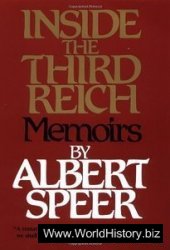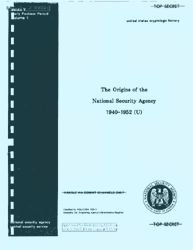In his later writings, Chatton turns increasingly to topics in moral philosophy. By contrast with his views in ontology and cognitive psychology, however, very little is known about his ethics or his views about freedom and moral responsibility. It seems clear that Chatton takes the divine will as the ultimate source of morality and holds that God’s will is most clearly revealed in the commands found in Scripture. Accordingly, his discussions of questions of sin, merit, and moral responsibility often focus on the de facto order of creation, and on laws, precepts, and regulations derived from Scripture. Again, it would seem that he accepts a broadly Scotistic picture of the will and human freedom and so accepts a libertarian and voluntarist conception of the will’s freedom. Beyond such generalizations, however, our understanding of his views on these topics is limited.
Chatton takes particular interest in questions about how to reconcile human freedom with divine foreknowledge. He devotes considerable attention to puzzles about future contingents - in particular, to questions about whether God’s knowledge and willing of future events is consistent with their contingency (and, hence, with human freedom). His own response to these puzzles is as complex as it is controversial: he offers a novel analysis of sentences attributing knowledge of future events to God (thus, he takes claims like ‘‘God knows that a will occur’’ to be equivalent to the conjunction of the following claims: “God knows a’’ and ‘“a is occurring’ will be true’’), he invokes a distinction between the determinately and indeterminately true and false (claiming, for example, that no future tense proposition is determinately true), and, finally, he defends a controversial analysis of the objects of God’s knowledge and will (on his view, the objects
Of knowledge and divine will are not propositions, but rather are the individual entities (res) represented by propositions).
Chatton’s commitment to a voluntarist conception of the will leads him, much as it led Scotus, to reject the traditional Aristotelian account of unity of the virtues. In particular, Chatton rejects the view that the possession of prudence is a sufficient condition for possessing moral virtue. Because moral virtues are habits of willing, and because the will does not necessarily will in accordance with the judgments of practical reason, it follows that even where prudence is generated through the dictates of right reason, moral virtue may, nevertheless, be lacking. Chatton also rejects any strong connection between the virtues of temperance, fortitude, and justice. While, he at times, emphasizes the cooperation of such virtues in the production of a single virtuous act, he nevertheless holds that one can possess (or acquire) one virtue in the absence of the others.
Finally, Chatton maintains that the object of moral appraisal is not only an agent’s interior character and intentions in acting, but also the actions themselves. In taking this position, Chatton opposes Ockham who is an internalist regarding moral evaluation. On Ockham’s view, it is only factors internal to agency - namely, acts of willing - that are morally significant. Hence, anything external to agency, such as exterior acts and their consequences, are indifferent - neither good nor bad. Chatton offers a number of arguments against Ockham’s view, some of which are grounded in theological considerations (e. g., he argues that Ockham cannot account for the moral significance of Christ’s exterior act of dying on the cross), whereas others are grounded in difficulties internal to the theory itself (e. g., he finds Ockham’s way of individuating acts of will implausible).




 World History
World History









